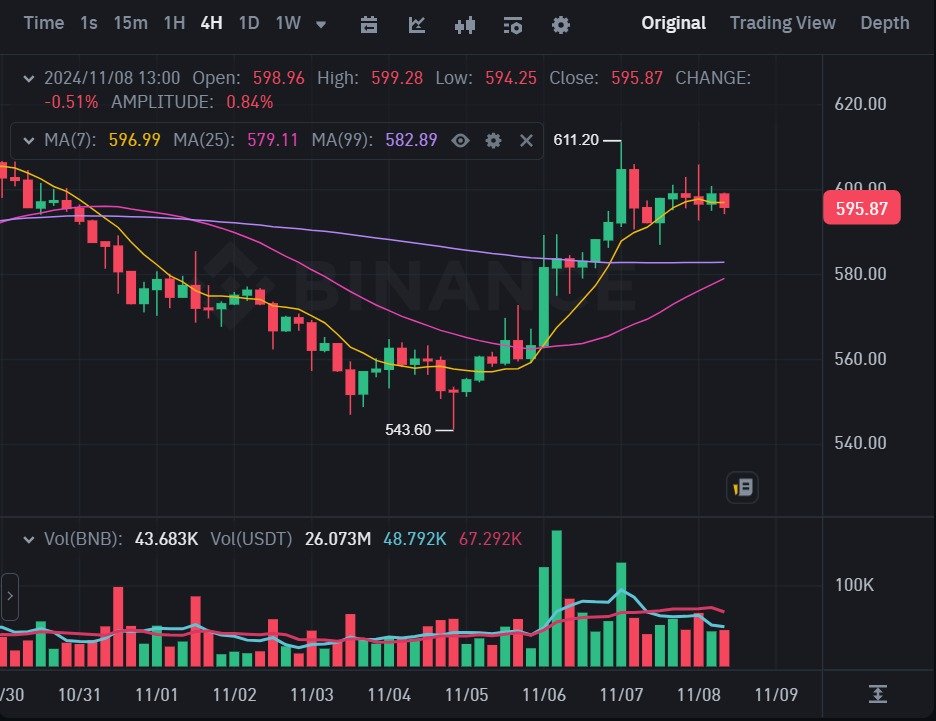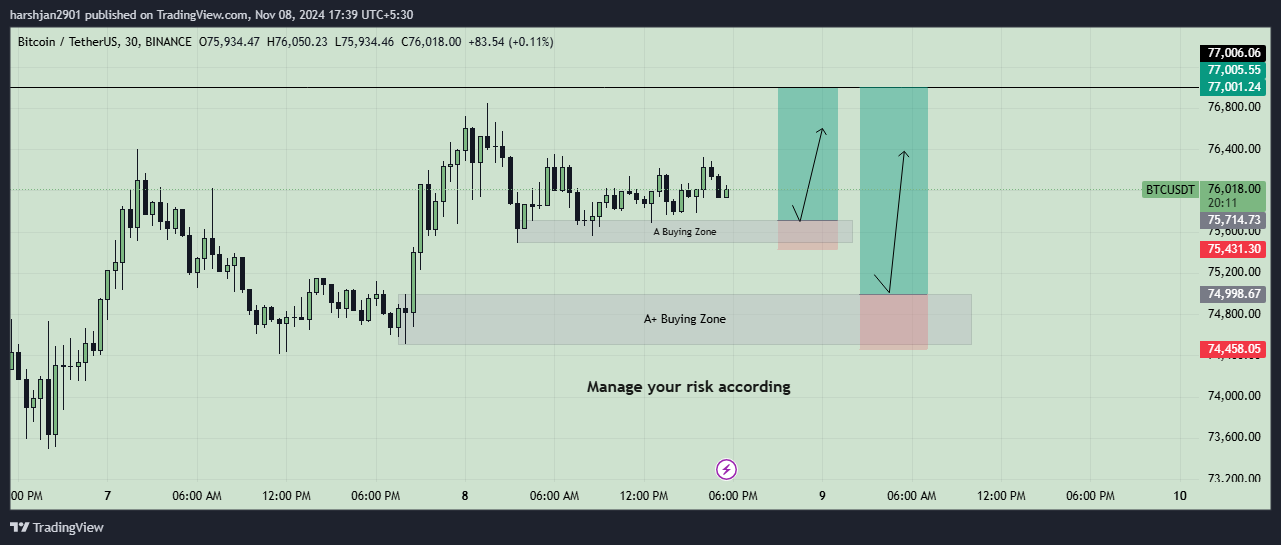The legal status of cryptocurrencies in India has been a subject of much debate and uncertainty over the years. While cryptocurrencies like Bitcoin, Ethereum, and others have gained massive popularity among investors and traders, the legal framework around them remains somewhat ambiguous. In this blog, we will examine the current legal status of crypto in India, the regulatory challenges, and what the future may hold for the industry.
The History of Crypto Regulation in India
India’s relationship with cryptocurrency has been turbulent, with regulatory authorities grappling to balance innovation with concerns about security, fraud, and financial stability.
1. 2018 – The RBI Banking Ban
In 2018, the Reserve Bank of India (RBI) imposed a banking ban on cryptocurrencies, effectively preventing financial institutions from providing services to crypto exchanges and traders. This move was a major blow to the crypto industry in India, leading to a significant downturn in the market.
However, in 2020, the Supreme Court of India overturned the RBI’s banking ban, ruling that the RBI’s action was unconstitutional. The court noted that the RBI had not provided sufficient justification for restricting the use of cryptocurrencies and that such a ban was disproportionate.
2. 2021 – Rumors of a Crypto Ban and Taxation Talks
The crypto space in India once again faced uncertainty in 2021 with rumors of a blanket ban on cryptocurrencies circulating. In December 2021, the Indian government introduced a new bill, called the Cryptocurrency and Regulation of Official Digital Currency Bill, which was intended to regulate private cryptocurrencies and create a framework for a central bank digital currency (CBDC). The bill proposed banning private cryptocurrencies while allowing the development of an official digital currency issued by the Reserve Bank of India (RBI).
However, the bill was not passed in 2021, leaving many crypto traders and investors in limbo. Despite this, the Indian crypto market continued to grow, with significant investments from both domestic and international players.
3. 2022 – Taxation on Crypto Transactions
In 2022, the Indian government took a more measured approach and introduced taxation laws for cryptocurrency transactions. The Union Budget 2022-23 included provisions that required traders and investors to pay taxes on gains made from cryptocurrencies. Specifically, a 30% tax was introduced on capital gains from crypto trading, and a 1% TDS (tax deducted at source) was imposed on crypto transactions exceeding a certain threshold.
While the taxation framework brought some clarity, it also highlighted that the government was still not fully embracing cryptocurrencies as legal tender but was seeking to regulate and tax crypto activities.
Current Legal Status of Cryptocurrencies in India
As of now, cryptocurrencies are not illegal in India, but they are not considered legal tender either. This means:
- You can legally buy, sell, and trade cryptocurrencies in India.
- Cryptocurrencies are not recognized as an official currency or a mode of payment for goods and services.
While the Indian government has not officially recognized cryptocurrencies as legal tender (like the Indian Rupee), it has refrained from issuing a blanket ban on them. As a result, cryptocurrencies are in a kind of legal gray area — they are not illegal, but they do not enjoy the same legal status as fiat currency.
Key Points to Understand About Crypto in India
- Legal Framework: Cryptocurrencies are not banned, but there is no regulatory framework that classifies them as legal tender. The Indian government has yet to issue a definitive ruling that could either fully regulate or ban cryptocurrencies.
- Taxation: The Indian government has recognized crypto as an asset for tax purposes, introducing a taxation scheme that applies to capital gains and transactions.
- Crypto Exchanges: There is no ban on operating cryptocurrency exchanges, and multiple exchanges like WazirX, CoinDCX, and ZebPay continue to operate in India, providing platforms for buying and selling digital assets.
- Regulatory Uncertainty: Despite the government’s attempts to regulate, there are still many unanswered questions regarding how future regulations will affect the industry. Proposed regulations like the cryptocurrency bill are still being discussed, and the future of crypto remains uncertain in India.
What Does the Future Hold for Crypto in India?
The regulatory landscape for cryptocurrencies in India is evolving. While the government has expressed concerns about financial security, fraud, and money laundering, it has also recognized the potential of blockchain and cryptocurrencies in driving innovation. Here are a few possible scenarios for the future of crypto in India:
- Clearer Regulation: The government may eventually create a more comprehensive legal framework that provides clearer guidelines on the use and regulation of cryptocurrencies. This could include rules around security, consumer protection, and anti-money laundering (AML).
- Crypto-Friendly Policies: Some experts believe that India could adopt a more crypto-friendly approach by regulating the industry rather than banning it. This would include establishing frameworks for digital asset taxation, exchange licenses, and security measures to protect investors.
- Central Bank Digital Currency (CBDC): The RBI has shown interest in developing a central bank digital currency (CBDC), which could become a form of official digital currency in India. While this would not directly impact the use of cryptocurrencies, it could lead to the creation of a dual-currency system with digital fiat alongside private cryptocurrencies.
- Possible Crypto Ban: There is still a possibility that the Indian government may decide to impose a ban on private cryptocurrencies, similar to the stance taken by other countries like China. However, this would require significant legal and policy changes.
How Can You Invest in Crypto Legally in India?
While the regulatory landscape remains uncertain, you can legally invest in cryptocurrencies in India by following these steps:
- Choose a Reputable Exchange: To start trading, you’ll need to sign up for a reliable exchange like Binance, Coinbase, or WazirX. Always use trusted platforms with robust security measures.
- Understand Tax Implications: Be aware of the tax laws related to cryptocurrency transactions in India. Ensure you comply with 30% tax on capital gains and 1% TDS on crypto transactions.
- Follow Government Updates: Keep an eye on official government announcements regarding cryptocurrency regulation. Stay informed about any new laws or changes that may impact your investments.
- Use Secure Wallets: If you’re holding cryptocurrencies for the long term, consider storing them in cold wallets (hardware wallets) instead of leaving them on exchanges for added security.
Conclusion: Are Cryptocurrencies Legal in India?
Yes, cryptocurrencies are legal in India. While they are not recognized as legal tender and there is no comprehensive regulatory framework in place yet, cryptocurrencies can be bought, sold, and traded legally. The Indian government has imposed taxation on crypto transactions but has not issued an outright ban, leaving the industry in a gray area.
However, the regulatory environment remains fluid, and it’s important for investors to stay informed about potential changes in the law. Lumina Lore is here to help you navigate the ever-changing world of crypto investments. Contact us today for expert insights and strategies tailored to maximize your crypto investments in India.



